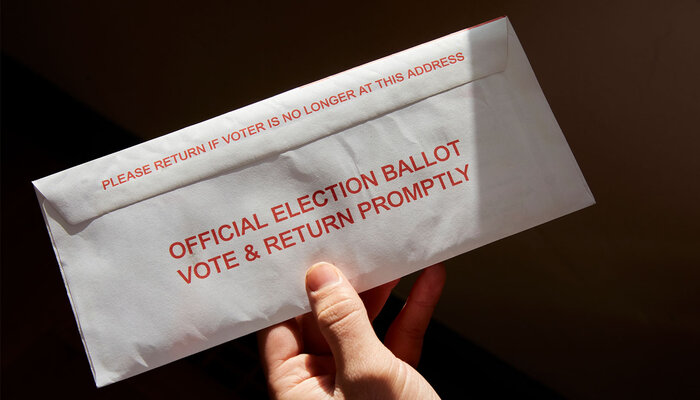This year, changes in state election laws mean that many Americans are facing different voting requirements than they did in 2020. Since the last presidential election, at least 29 states have enacted dozens of laws that, among other things, make voter ID rules stricter, reduce opportunities to vote by mail, and make ballot collection and voter assistance more difficult. This resource aims to help voters navigate new restrictions in their state in each of the following areas:
In-Person Voter ID
Overly burdensome ID requirements disproportionally affect seniors, minorities, people with disabilities, low-income voters, and students. Every election, millions of eligible voters face obstacles to voting because they lack the necessary documentation for government photo IDs (such as a replacement birth certificate, which can be difficult to acquire). This November, voters in at least nine states face stringent new voter ID requirements that were not in place for the 2020 election.
Mail Voting
Voting by mail, also known as absentee voting, is a long-standing option practiced in all 50 states. It expands voting access to those who have health concerns, family or work responsibilities, or who lack easy access to transportation. At least 19 states have new mail voting restrictions in place for the first time in a presidential election.
Ballot Collection
Restrictive ballot collection laws are a subset of restrictions on mail voting. They prohibit or limit third-party organizations, groups, or individuals from collecting or returning completed mail ballots on voters’ behalf. Ballot collection laws often most affect groups that have a difficult time getting to the polls, such as voters in nursing homes or remote areas or voters with physical or mental disabilities. At least nine states have new restrictive ballot collection laws in place this year.
In the map below, click on any state for a summary of restrictive voting changes affecting voters during the 2024 election. If a state is not highlighted, no restrictive change to voter ID, mail voting, or ballot collection requirements has occurred since 2020.
Note: This map reflects laws that are in effect as of the date of publication. Some laws will not be in effect for the general election either because the legislation contains an effective date after November 5, 2024, or because courts have blocked their enforcement. Courts could also block some of the laws that would be in effect before Election Day, while injunctions blocking other laws could be lifted.




